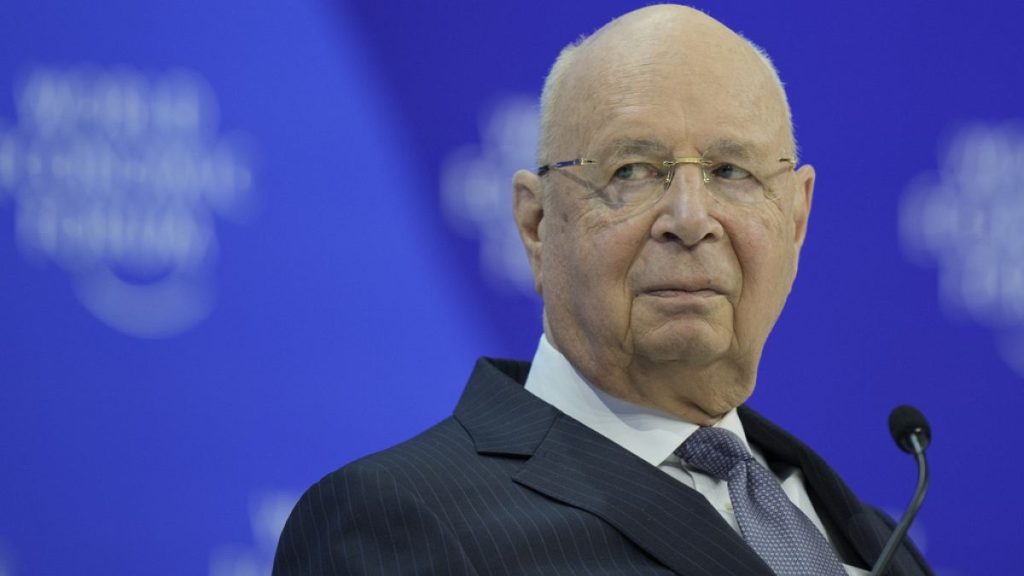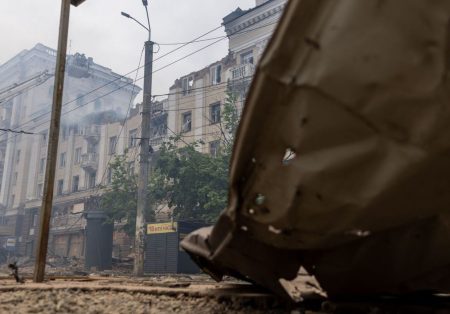Rumours online have claimed that Klaus Schwab, the executive chairman and founder of the World Economic Forum (WEF), has been hospitalised, arrested, or may even be dead. These false claims have spread widely on social media platforms. Some posts link his supposed health condition to a cardiac incident after running, while others go as far as suggesting he may have passed away. The origins of these rumours seem to be satirical articles, such as one from the Weekly Crier website, which offers no details or sources about Schwab’s alleged hospitalisation. The WEF has confirmed that Schwab is in good health, dismissing the claims as entirely baseless and unfounded. It is common for high-profile figures to be targeted by conspiracy theories and misinformation campaigns, and the claims about Schwab’s health are no exception.
In addition to false reports about Schwab’s health, there were also misleading allegations that the US Delta Force arrested him at his home in Switzerland. An article from the Real Raw News website claimed that a Delta Force strike team apprehended Schwab after a supposed deadly firefight in his house, where he was found connected to an adrenochrome infusion machine. However, this too appears to be satirical in nature, as the website’s “About Us” page specifies that it contains humour, parody, and satire. Despite this disclaimer, the claims about Schwab’s arrest have still circulated on social media platforms such as X, Reddit, and Facebook. The lack of any official statement from the WEF regarding an arrest, coupled with a lack of coverage from reputable news outlets, casts doubt on the authenticity of these claims.
The WEF has emphasized that Klaus Schwab’s health is excellent and that the rumours surrounding his hospitalisation, arrest, or death are unfounded. The organization noted that Schwab, like many high-profile individuals, has been the target of conspiracy theories and misinformation in the past. This recent wave of false claims about his well-being aligns with a pattern of baseless accusations and sensationalized stories that have circulated about him. Despite the WEF’s efforts to clarify the situation, the rumours continue to spread online, underscoring the challenges of combating misinformation in the digital age.
While some social media users have shared the claims about Klaus Schwab’s health with a dose of skepticism, others have taken them at face value, contributing to the dissemination of false information. The association of these rumours with satirical articles from websites like Weekly Crier and Real Raw News further blurs the lines between fact and fiction. The lack of critical thinking and fact-checking by individuals sharing these claims perpetuates a cycle of misinformation, reinforcing the need for media literacy and responsible social media practices. The misleading nature of these reports underscores the importance of verifying information before amplifying it on digital platforms.
Overall, the false rumours regarding Klaus Schwab’s health, arrest, and death have been traced back to satirical articles and websites that have a disclaimer about their content being humorous or satirical. Despite this, the claims have gained traction on social media, with individuals sharing them without verifying the information or considering the credibility of the sources. The World Economic Forum has refuted these rumours, stating that Schwab’s health is in good condition and that the allegations are baseless. The spread of misinformation in this case highlights the challenges of navigating the online landscape and discerning between fact and fiction. It serves as a reminder of the importance of critical thinking, fact-checking, and media literacy in combating the proliferation of false information online.















